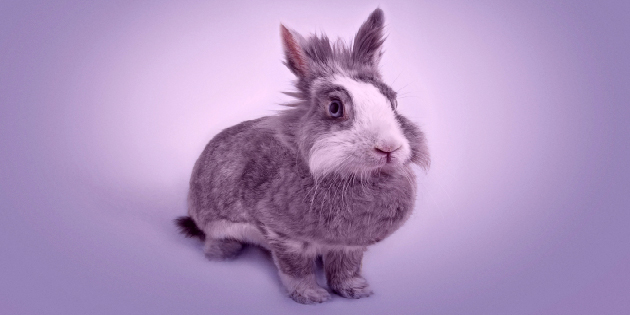A Guide to Happy Hopping

Rabbits are adorable, intelligent, and social creatures that can bring immense joy to your life. However, before welcoming a furry friend with a twitchy nose and soft fur into your home, preparations for keeping a rabbit at home are crucial. These preparations ensure a comfortable, healthy, and enriching environment for your new companion. This comprehensive guide outlines everything you need to know to create a happy and thriving home for your pet rabbit.
Understanding Rabbit Needs: The Foundation for Successful Rabbit Keeping
Prior to delving into specific preparations for keeping a rabbit at home, it’s essential to understand their basic needs. Rabbits are herbivores with specific dietary requirements, social creatures that crave companionship, and energetic animals that require ample space for exercise. Here’s a breakdown of some key aspects to consider:
- Diet: A rabbit’s diet should consist primarily of high-quality hay, supplemented with fresh vegetables and a small amount of rabbit pellets. Research appropriate vegetables and ensure you avoid any that can be harmful to your rabbit.
- Housing: Rabbits require a spacious enclosure that allows them to hop, play, and express natural behaviors. Choose an enclosure considerably larger than a cage, such as a well-ventilated rabbit condo or a bunny-proofed room.
- Social Interaction: Rabbits are social creatures and can become lonely if left alone for extended periods. Consider getting a second rabbit from a shelter or rescue if you plan to be away for long stretches.
- Exercise: Rabbits need daily exercise to stay healthy and prevent boredom. Provide ample space for hopping and exploration within their enclosure or a designated bunny-proofed area.
Creating a Safe and Comfortable Habitat: Essential Preparations for Keeping a Rabbit at Home
Now that you understand rabbit needs, let’s explore the preparations for keeping a rabbit at home in more detail. Here are some crucial elements to consider:
- Enclosure: As mentioned earlier, a spacious enclosure is vital. A good rule of thumb is to choose an enclosure that allows your rabbit to take at least four hops in each direction. Line the bottom with comfortable, absorbent bedding such as soft hay or recycled paper pellets.
- Food and Water Bowls: Provide two sturdy bowls – one for high-quality hay and another for fresh water. Choose ceramic or stainless steel bowls as they are easy to clean and more durable than plastic options.
- Hay Feeder: A hay feeder helps to keep hay clean and prevents waste. Choose a feeder that attaches to the enclosure wall or a freestanding option that is stable and tip-proof.
- Hiding Spots: Rabbits feel secure having a safe haven to retreat to. Provide a cozy hide box or multiple hiding spots within the enclosure for your rabbit to relax and feel comfortable.
- Litter Box: Rabbits can be litter trained. Choose a litter box appropriate for their size and fill it with rabbit-safe litter. Place the litter box in a quiet corner of the enclosure and clean it daily.
- Chew Toys: Rabbits have a natural instinct to chew. Provide them with plenty of safe chew toys, like untreated wood blocks, apple sticks, or commercially available rabbit chew toys, to prevent them from chewing on furniture or electrical cords.
Beyond the Basics: Enriching Your Rabbit’s Life
While the above preparations for keeping a rabbit at home provide the foundation, consider additional elements to enrich your rabbit’s life:
- Exercise Time: Allow your rabbit supervised exercise time outside of their enclosure for hopping, exploring, and interacting with you. Bunny-proofing a room or creating a designated play area allows for safe exploration.
- Interactive Toys: Provide a variety of interactive toys to stimulate your rabbit mentally. Tunnel systems, puzzle feeders, and foraging toys encourage natural behaviors and keep them entertained.
- Companionship: If you can’t be home with your rabbit for extended periods, consider getting a second rabbit from a shelter or rescue. Rabbits thrive in social companionship, and having a friend can significantly improve their well-being.
Building a Bond with Your Rabbit: The Importance of Trust and Care
Rabbits are intelligent and can form strong bonds with their humans. Here are some tips for building trust and fostering a positive relationship with your rabbit:
- Gentle Handling: Rabbits are prey animals and can be startled easily. Handle them gently, let them approach you on their own terms, and avoid picking them up unless absolutely necessary.
- Positive Reinforcement: Reward good behavior with treats, praise, and petting. Avoid using punishment as this can damage your bond and create fear.
- **Spend Time Together
